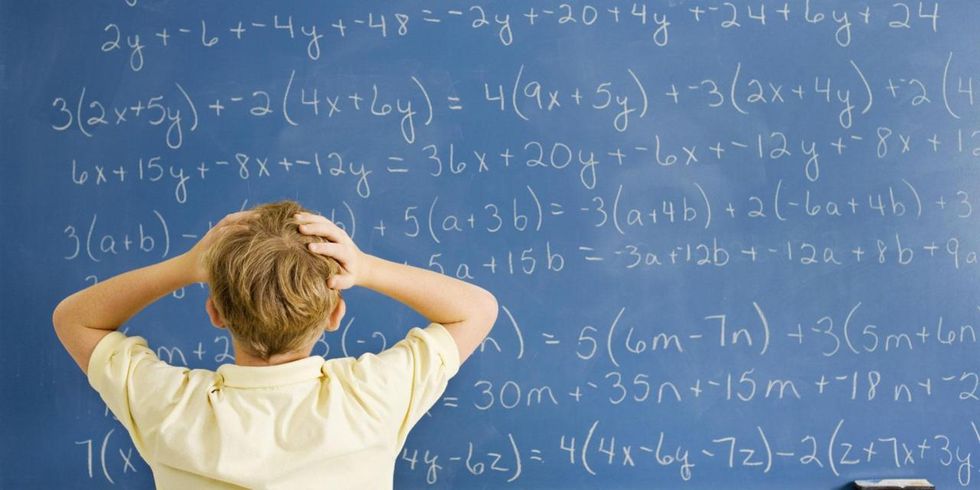Recently in my statistics class, we were asked to do a bit of research on a topic that interested us. Due to the fact that I am an education major, I decided to focus my research on the impact that math anxiety can have on a student's well-being; especially students facing other obstacles such as dyslexia. This is a brief overview of the article, but I highly recommend reading the full study if you have the time.
Jordan, J., McGladdery, G., & Dyer, K. (2014). Dyslexia in Higher Education: Implications for Maths Anxiety, Statistics Anxiety and Psychological Well-being. Dyslexia (10769242), 20(3), 225-240. doi:10.1002/dys.1478
"This U.K. publication studied the levels of statistics and mathematics anxiety found within undergraduate students, with and without dyslexia, in addition to examining their overall mental health. 71% of students were psychology majors, while 13% were nursing majors; both requiring a certain level of understanding of mathematics and statistics. The study found that while all of the students seemed to have similar states of mental health, those with dyslexia showed higher levels of math anxiety than those without it. The aspect of diagnosis was also taken into consideration when looking at confidence levels of those who were aware of the problems that their dyslexia may cause them in the classroom. This study stresses the importance of university staff keeping an eye out for correlations between students with dyslexia and elevated math anxiety.
While I do not have dyslexia, I have always struggled with math. I was initially drawn to this article because I also have high levels of mathematics/statistics anxiety, but now know that those with dyslexia often experience this more frequently than those without. As a future educator, I know that I will likely have students in my classroom who have dyslexia and it will be important for me to watch out for rising anxiety levels among all of my students."





 The minimum wage is not a living wage.
StableDiffusion
The minimum wage is not a living wage.
StableDiffusion
 influential nations
StableDiffusion
influential nations
StableDiffusion












